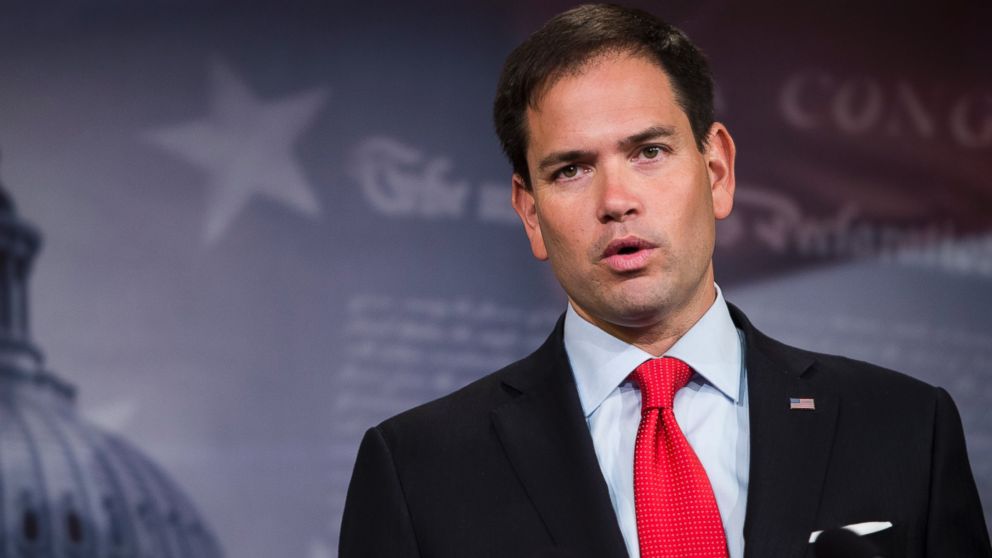Chinese Media In Vicious Attack On Top U.S. Senator Over Huawei Patent Law
By Zak Doffman
Respected Senator Marco Rubio, R-Fla., has come under attack by Chinese media for his plans to thwart Huawei's patent actions against U.S. companies.
"Huawei has 56,492 patents," ran the headlines on June 15, "and it’s not afraid to use them."
Huawei holds patents "on telecommunications, networking and other hi-tech inventions worldwide," and reports have emerged in recent days of "protracted licensing talks" and "disputes" with U.S. companies including Qualcomm, Harris and most notably Verizon, where the patent settlement being sought is reportedly valued at $1 billion.
This has presented the U.S. with something of a dilemma.
This has presented the U.S. with something of a dilemma.
Does it allow the under-fire Chinese telecoms manufacturer to use the U.S. legal system against U.S. companies?
And, if not, how does it prevent a loss of confidence in U.S. IP protection and rule of law?
Cue national security.
Cue national security.
Two days after those headlines, U.S. Senator Marco Rubio filed legislation to "prevent Huawei from seeking damages in U.S. patent courts."
Reuters reviewed the amendment to the National Defense Authorization Act which would mean that "companies on certain U.S. government watch lists would not be allowed to seek relief under U.S. law with respect to U.S. patents, including bringing legal action over patent infringement."
It was the latest swipe at China from U.S. lawmakers.
It was the latest swipe at China from U.S. lawmakers.
With its blacklisting preventing Huawei from accessing the world's largest market and causing chaos in its supply chain, this move would essentially remove access to critical parts of the U.S. legal system.
Does China care about this?
Does China care about this?
You bet they do.
The response from the official mouthpiece of China's Communist Party, the People's Daily, has been brutal.
The response from the official mouthpiece of China's Communist Party, the People's Daily, has been brutal.
"America's most radical anti-China politician rears his ugly head," ran the newspaper's headline, followed by a stinging attack on the Senator.
Mr. Rubio personally leveled the patent troll accusation at Huawei, inferring that it was being used to leverage an advantage in the broader ongoing dispute.
"Huawei is using the tactics of patent trolls to attack U.S. companies," he tweeted, "in retaliation for Trump administration national security actions against them. We should not allow China government-backed companies to improperly use our legal system against us."
Huawei filed a record number of patent applications last year and has become the biggest spender on R&D in its industry.
In 2017, Huawei's $13 billion R&D budget put the company hot on the heels of Amazon ($22.6 billion) and Alphabet ($16.6 billion), and Huawei has pledged to increase this to $15 to $20 billion. Its path to unassailable 5G market leadership was only thwarted by the U.S. government blacklisting the company over security concerns.
This is a significant moment in the dispute between the U.S. and China's Big Tech.
This is a significant moment in the dispute between the U.S. and China's Big Tech.
If Chinese companies are denied access to the various facets of the U.S. market, then it can only encourage further action from Beijing.
China's government has already announced new cyber laws, export restrictions and even its own "entity list" to hit back at the U.S. blacklist.
